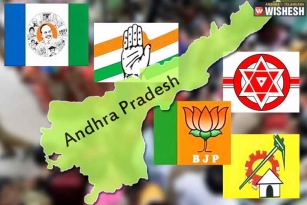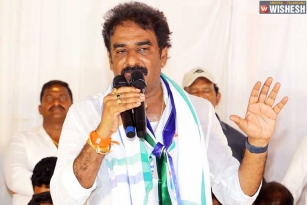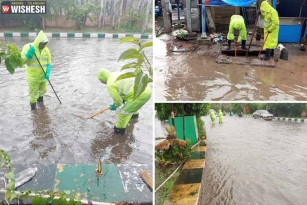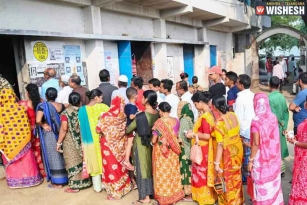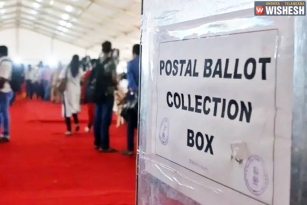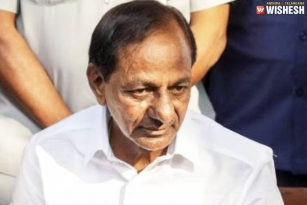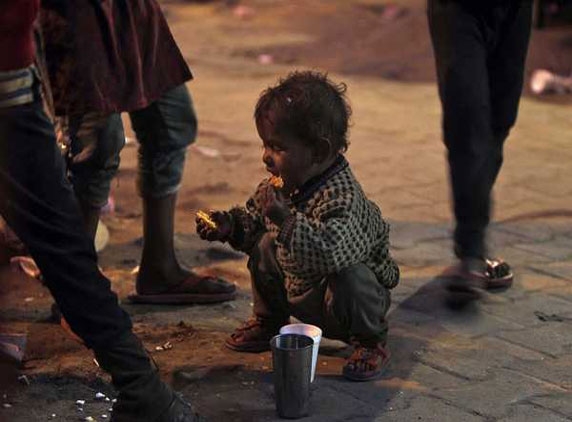
India may be economically successful.But according to Save the Children survey, It was estimated that about 25 percent of the children who are at the age of 1 year to 6 years are spending their day without the food.
Almost 30 per cent of the Indian families are budgeting since they cannot afford due to high inflation in food prices, said by the study.
Jasmine Whitbread who is the CEO for Save the Children International has said that, Its really disgusting that the parents are telling that they cannot afford to buy the food for their children due to increase in food prices.Infact starvation is really harmful for child's development.
In the month of December and January the study was conducted in the countries like India,Nigeria,Pakistan, Bangladesh and Peru.
As Whitbread sadi that" "The reason we chose these countries was because the five nations cover more than half of the world's malnourished children. India is a growing economy and this survey tells (us) the urgent need to set goals and measure progress for achieving the millennium development goals (MDG),"
Nearly 66 per cent respondents in India said that rising food prices were a pressing concern in 2011. Another 17 per cent parents said their children skipped school to work and pay for food.
The report says that in India and Nigeria, parents struggle to feed their children. A large section of the population seems unaffected by the economic progress of these countries.
Food inflation in India has dipped after remaining high for a long time. But figures show that although prices of foodgrains have dipped, those of vegetables, milk, eggs, meat and protein diet have risen substantially.
According to the study, every year around 1.72 million children under five years die in India. Of these, more than half the deaths take place in the first one month of a child's life.
India also ranks 134 among 187 countries in Human Development Index, 73 among 78 countries as the best place to be a mother, and 67 among 81 countries in the Global Hunger Index.
More than a fifth of under five deaths per year take place in India - the highest anywhere in the world.
India also holds the 11th highest rate of stunting globally.
Eighty per cent of stunted children live in just 20 countries. Forty-eight per cent of the children are stunted, said Save the Childrern.
Stunting means the children's body and brain have failed to develop properly due to malnutrition.
It said that social protection schemes - which provide families with regular cash transfers or food parcels that provide a safety net during hard times - have proved successful in many countries in protecting families from the worst effects of poverty.
Brazil, it said, has shown how investing in social protection can dramatically reduce hunger and malnutrition, and also contribute to economic growth.
NGO's India CEO Thomas Chandy recommends to have a better nutrition programme and selecting the low income group families and chanellized to improve nutritional security for those families.




